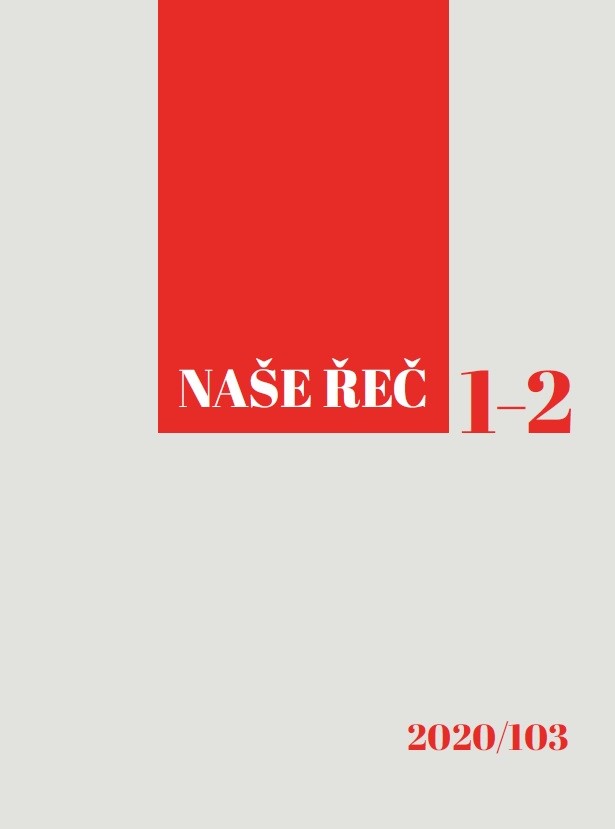Neekvivalentnost „větných ekvivalentů“
The nonequivalence of “sentence equivalents”
Author(s): Milada HirschováSubject(s): Western Slavic Languages
Published by: AV ČR - Akademie věd České republiky - Ústav pro jazyk český
Keywords: predication; sentence equivalent; sentence; utterance
Summary/Abstract: The article deals with the problems related to phenomenon of so-called sentence equivalents in the description of Czech syntax as well as with the connection of this label to what is termed the sentence-utterance distinction. In the 1970s, this distinction was actively discussed by Czech linguists. The article shows that the acceptance or refusal of this distinction as well as the as¬sumed existence of sentence equivalents (mostly identified with context-dependent constructions without verbs) is anchored in the accepted theoretical concept of the very notion of predication. With certain simplification, predication can be considered either a logical-semantic relationship of a predicate to a subject or a speaker’s pragmatic act of predication. What has been called the sentence equivalent might be related to the latter interpretation. Furthermore, the paper maps the occurrence and explanation of what are posited as sentence equivalents in Czech syntactic scholarly texts and school textbooks. With the exception of the outcome of the Functional Gen¬erative Description (Panevová et al., 2014) where sentence equivalents are explained as a result of ellipsis, the exemplification of the phenomenon elsewhere (especially in school textbooks) is inconsistent and confusing. As a result, the paper suggests that this label should not be used due to its conceptual vagueness.
Journal: Naše řeč
- Issue Year: 103/2020
- Issue No: 1-2
- Page Range: 162-177
- Page Count: 16
- Language: Czech

